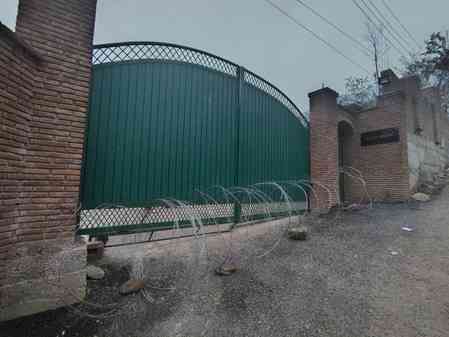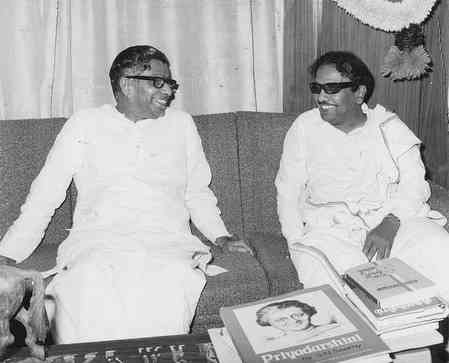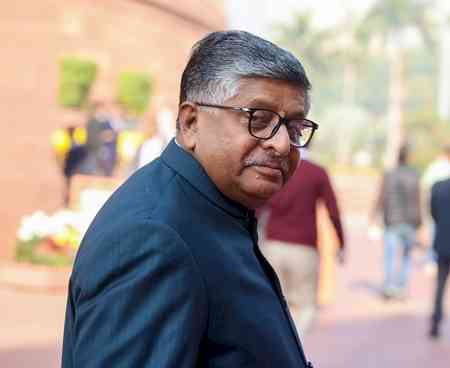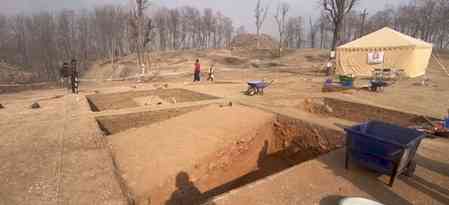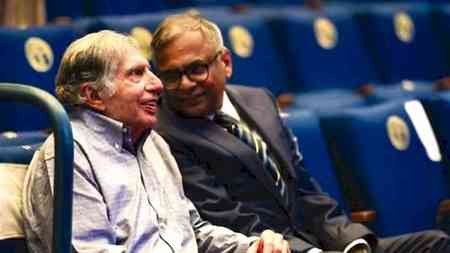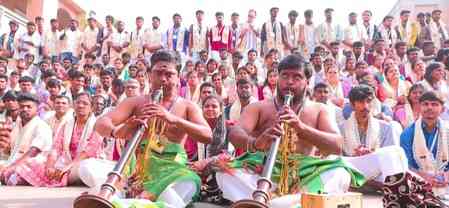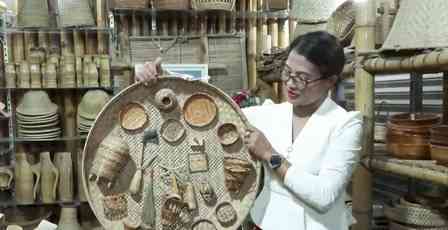RJD MLA's controversial remark leads to uproar in Bihar assembly
A controversial term used by RJD MLA Vijay Mandal created an uproar in the Bihar assembly on the last day of its monsoon session on Friday.
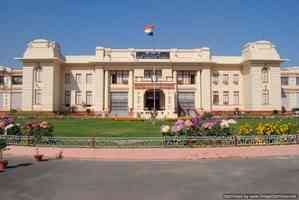
Patna July 26 (IANS) A controversial term used by RJD MLA Vijay Mandal created an uproar in the Bihar assembly on the last day of its monsoon session on Friday.
The ruling party created a ruckus over the term "Bhathiyara," used by RJD MLA Vijay Mandal against Bihar Chief Minister Nitish Kumar and the state government inside the assembly. However, he did not take the name of Nitish Kumar afterward.
The ruling party leaders accused Mandal of using an objectionable and unparliamentary word against the Chief Minister and the state government. However, Vijay Mandal defended himself by asserting that the term he used was neither abusive nor objectionable.
Mandal defended his use of the term by stating that he was addressing corruption and crime under the current administration.
“The circle officers are taking bribes and murders are taking place every day but this government is not ready to discuss these issues. This government has not allowed the opposition to speak on these points. Why does the government, if it acknowledges the link between revenue and crime, not take steps to curb it,” Mandal said outside the assembly.
Neeraj Kumar Bablu, the PHED minister of the Bihar government, emphasised the importance of maintaining decorum and respect in the assembly. He demanded action against Vijay Mandal for using an unparliamentary word.
The term "Bhathiyara" refers to a specific caste in Bihar, and its usage can be considered derogatory. Despite its potential to offend, the term seems to have become somewhat normal in public discourse without a significant pushback, even from those from the Bhathiyara community.
The Bhathiyara community, with a population of 27,263 according to the caste-based survey, represents less than one percent of Bihar's population. They are classified as an extremely backward class in Bihar and as a backward class in Uttar Pradesh. They are also found in Rajasthan. The community's historical background suggests they were brought to India by the Mughals.


 IANS
IANS 
